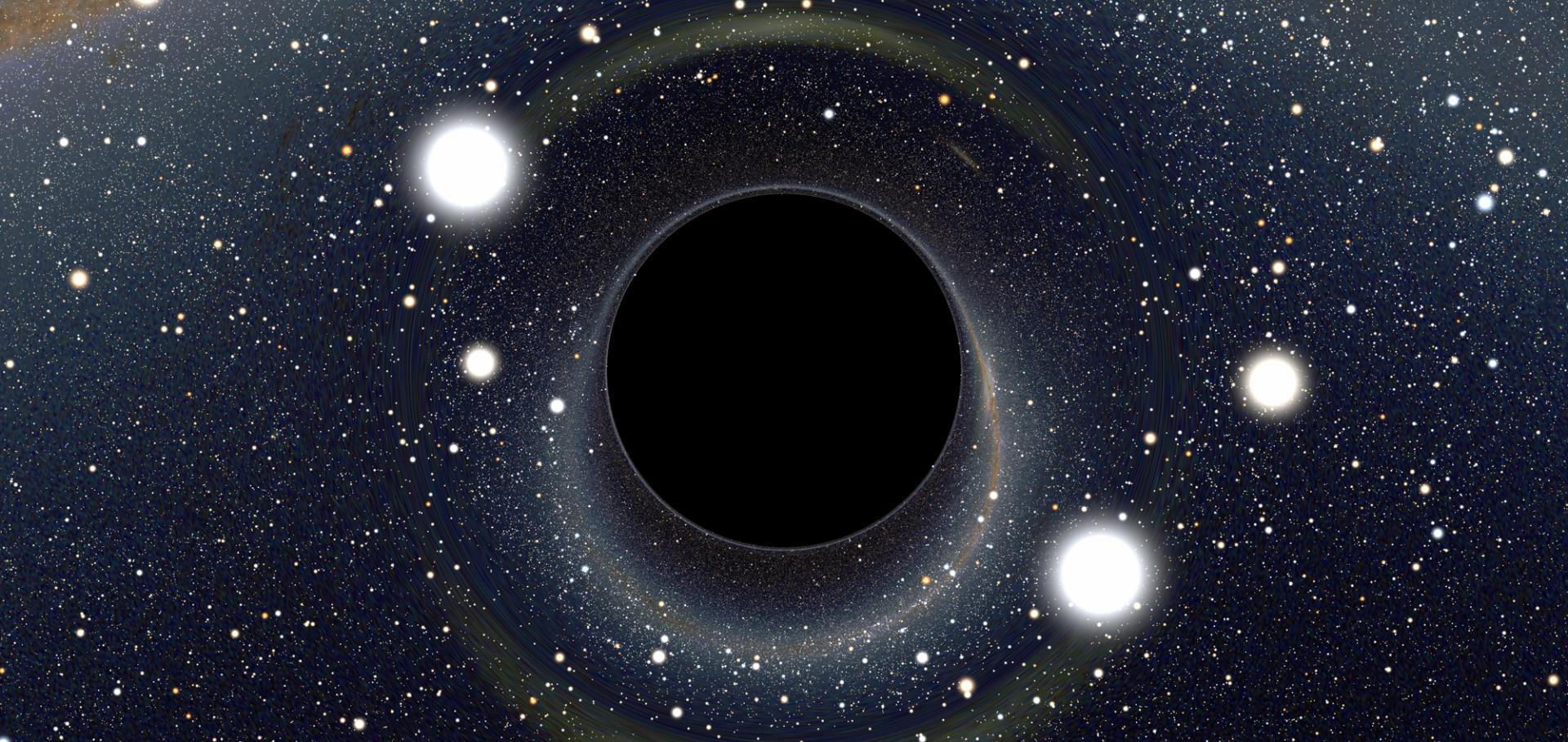Euclid preparation
Astronomy & Astrophysics EDP Sciences 697 (2025) ARTN A85
Abstract:
Measurements of galaxy clustering are affected by redshift-space distortions (RSDs). Peculiar velocities, gravitational lensing, and other light-cone projection effects modify the observed redshifts, fluxes, and sky positions of distant light sources. We determined which of these effects leave a detectable imprint on several two-point clustering statistics to be extracted from the Euclid wide spectroscopic survey (EWSS) on large scales. We generated 140 mock galaxy catalogues with the survey geometry and selection function of the EWSS and made use of the LIGER (LIght cones with GEneral Relativity) method to account for a variable number of relativistic RSDs to linear order in the cosmological perturbations. We estimated different two-point clustering statistics from the mocks and used the likelihood-ratio test to calculate the statistical significance with which the EWSS could reject the null hypothesis that certain relativistic projection effects can be neglected in the theoretical models. We find that the combined effects of lensing magnification and convergence imprint characteristic signatures on several clustering observables. Their signal-to-noise ratio (S/N) ranges between 2.5 and 6 (depending on the adopted summary statistic) for the highest-redshift galaxies in the EWSS. The corresponding feature due to the peculiar velocity of the Sun is measured with a S/N of order one or two. The multipoles of the power spectrum from the catalogues that include all relativistic effects reject the null hypothesis that RSDs are only generated by the variation in the peculiar velocity along the line of sight with a significance of 2.9 standard deviations. As a by-product of our study, we demonstrate that the mixing-matrix formalism to model finite-volume effects in the multipole moments of the power spectrum can be robustly applied to surveys made of several disconnected patches. Our results indicate that relativistic RSDs, in particular the contribution from weak gravitational lensing, cannot be disregarded when modelling two-point clustering statistics extracted from the EWSS.Euclid preparation
Astronomy & Astrophysics EDP Sciences 694 (2025) ARTN A141
Abstract:
In this paper we present the framework for measuring angular power spectra in the Euclid mission. The observables in galaxy surveys, such as galaxy clustering and cosmic shear, are not continuous fields, but discrete sets of data, obtained only at the positions of galaxies. We show how to compute the angular power spectra of such discrete data sets, without treating observations as maps of an underlying continuous field that is overlaid with a noise component. This formalism allows us to compute the exact theoretical expectations for our measured spectra, under a number of assumptions that we track explicitly. In particular, we obtain exact expressions for the additive biases ('shot noise') in angular galaxy clustering and cosmic shear. For efficient practical computations, we introduce a spin-weighted spherical convolution with a well-defined convolution theorem, which allows us to apply exact theoretical predictions to finite-resolution maps, including HEALPix. When validating our methodology, we find that our measurements are biased by less than 1% of their statistical uncertainty in simulations of Euclid's first data release.Matching current observational constraints with nonminimally coupled dark energy
Physical Review D American Physical Society (APS) 111:4 (2025) ARTN L041303
Abstract:
We show that a Universe with a nonminimally coupled scalar field can fit current measurements of the expansion rate of the Universe better than the standard Λ-cold dark matter model or other minimally coupled dark energy models. In particular, the nonminimal coupling in this model allows for the dark energy model to exhibit stable phantom crossing behavior, which seems to be suggested by the constraints on the dark energy equation of state coming from the most recent data. While we find a clear improvement in the goodness of fit for this dark energy model with respect to others that have been considered in the recent literature, using information theoretic criteria, we show that the evidence for it is still inconclusive.Symmetry restoration and vacuum decay from accretion around black holes
Physical Review D American Physical Society (APS) 111:4 (2025) ARTN L041501
Abstract:
Vacuum decay and symmetry breaking play an important role in the fundamental structure of the matter and the evolution of the Universe. In this work we study how the purely classical effect of accretion of fundamental fields onto black holes can lead to shells of symmetry restoration in the midst of a symmetry broken phase. We also show how it can catalyze vacuum decay, forming a bubble that expands asymptotically at the speed of light. These effects offer an alternative, purely classical mechanism to quantum tunneling for seeding phase transitions in the Universe.Euclid preparation
Astronomy & Astrophysics EDP Sciences 693 (2025) ARTN A249


